Policy and decision makers have a unique ability to advance health policies in high-impact settings. Policy and decision makers can use this policy toolkit to understand how routine, opt-out screening policies: (a) could benefit their state; (b) have been and can be codified; and (c) are affected by local context.
Routine, opt-out screening occurs when a healthcare provider screens all eligible patients (routine) instead of using an individualized risk-based assessment, and informs the patient that a test will be performed unless they explicitly decline the test (opt-out).
This suite of Routine, Opt-Out Screening Policy snapshots aims to equip policy and decision makers with actionable steps to advance routine, opt-out screening policy and procedures in high-impact settings, and through population-based services. This toolkit was informed by an assessment of policies related to routine, opt-out screening in six states, which collectively account for a significant percentage of HIV, STD, viral hepatitis, and tuberculosis infections nationwide (California, Florida, Georgia, Illinois, New York, and Texas).
Routine, opt-out screening is a health equity intervention. In high-impact settings, routine, opt-out screening can reduce stigma and misconceptions, detect undiagnosed infections, facilitate linkage to treatment, and reduce risk of transmission.
- Revised Recommendations for HIV Testing of Adults, Adolescents, and Pregnant Women in Health-Care Settings (published September 2006)
- Testing Recommendations for Hepatitis C Virus Infection (last reviewed July 13, 2023)
- Screening and Testing Recommendations for Chronic Hepatitis B Virus Infection (HBV) (last reviewed March 28, 2022)
- STI Treatment Guidelines: Screening Recommendations and Considerations Referenced in Treatment Guidelines and Original Sources (last reviewed June 6, 2022)
- Who Should be Tested for TB Infection (last reviewed April 14, 2016)
Click on the icons below to view policy snapshots for each high-impact setting or population-based service.

Overview

Correctional
Facilities

Emergency
Departments

Harm Reduction &
Syringe Services Programs

Homeless & Houseless
Services

Prenatal
Care

Primary
Care

School-Based Health
Centers

STD
Clinics
In partnership with CDC and supported by NNPHI, the Research & Evaluation Group at Public Health Management Corporation, an NNPHI member institute, conducted an assessment of state and local screening policies, as well as eight key informant interviews with experts in each high-impact setting and population-based service, to inform their development of this toolkit. Project work was conducted from June 2022 to October 2023.
For more information, please contact us at collaboration@nnphi.org.
 Subscribe To Our Communications
Subscribe To Our Communications